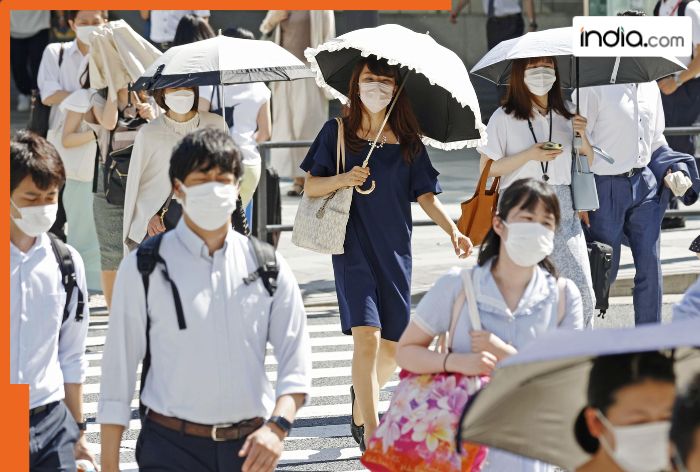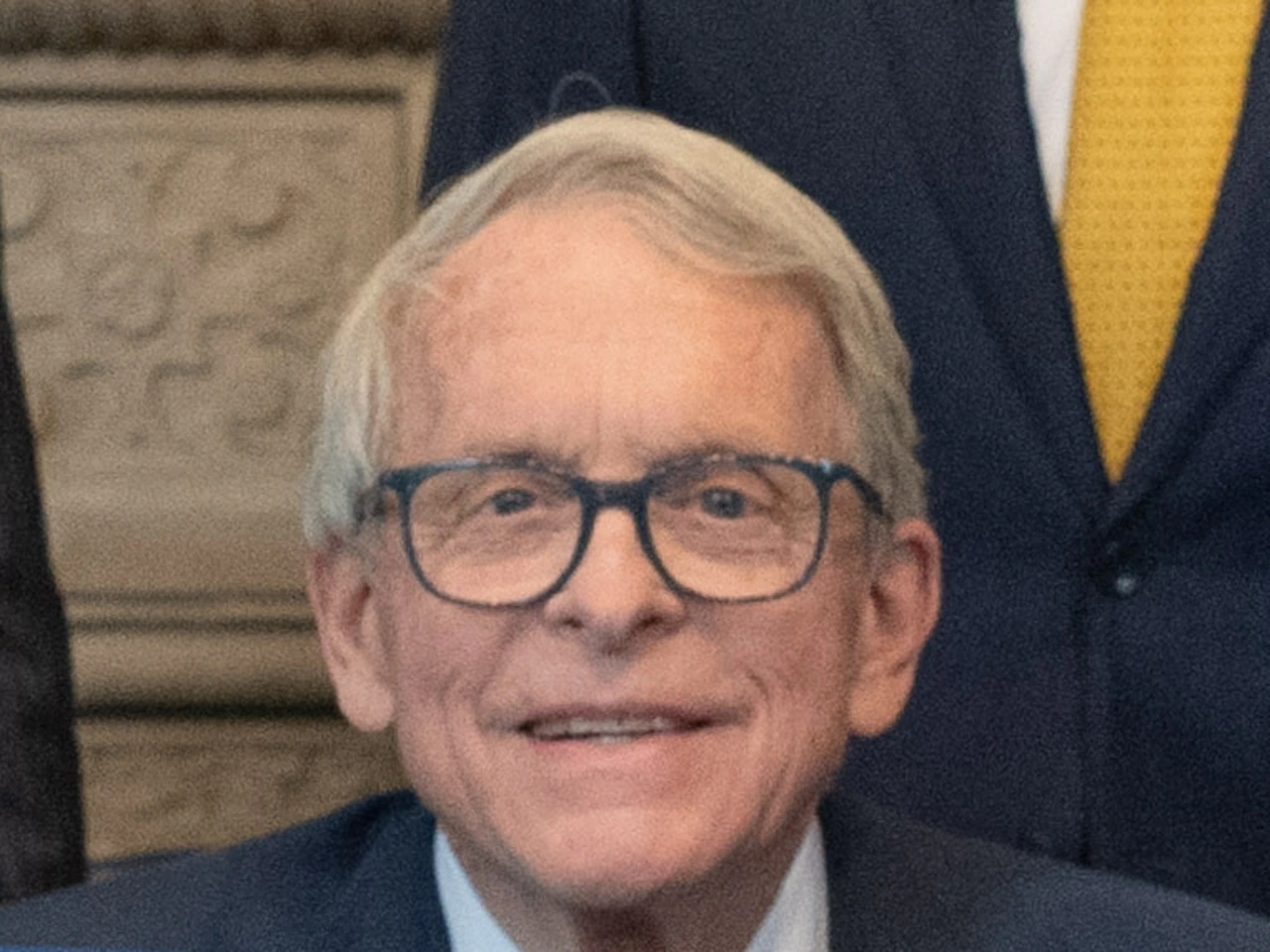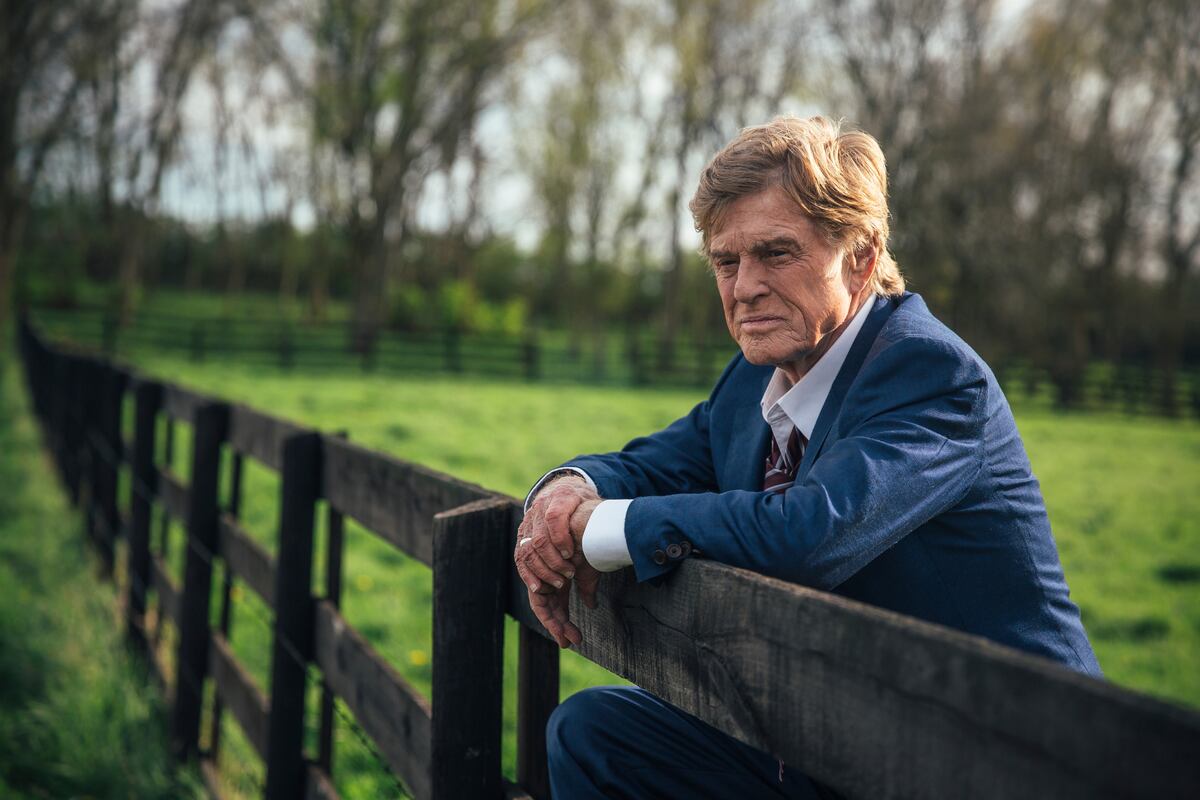World’s oldest country is facing HEATWAVE havoc, hundreds dead; still don’t use air conditioners due to…
By Sumaila Zaman
Copyright india

Following World War II Japan advanced at an accelerated pace and swiftly became a technological leader. Nevertheless as Japan and its society continued to push for development they fell behind in some aspects. At present Japan is dealing with a new crisis one that stems from climate change and its aging population. According to the CNN report Eighty-four-year-old Toshiaki Morioka has an alarm device in his home. When there is an increase in temperature and humidity he pushes the button and a team arrives to help him. They help him bathe and assist him with dangers caused by extreme heat.
Which country known for its aging population is facing deadly heatwave havoc this year?
In Japan this has come to be the case for nearly every fourth or fifth household as thousands of people easily fall victim to heatstroke.
Record summer temperatures have profoundly affected lives. To help manage these situations the government has developed alarm devices. Against the backdrop of the climate crisis Japans rapidly aging society poses a double threat. Many elderly people have no caregivers and become even more at risk due to their isolation and cultural norms.
Japans official Meteorological Agency confirmed that this year it has experienced its hottest heatwave on record. According to the CNN report Japan had its hottest temperature on record in August at 41.8 degrees Celsius. This years heat wave lasted for an unusually long and oppressive period. It heated up gradually in June and lasted for an extended period of time extending into September. Central Tokyo had nine consecutive days above 35 degrees Celsius at the end of August. According to CNN there were 90000 reported hospitalizations due to heatstroke between May and August with a majority of cases being older individuals.
While speaking to CNN Takashi Shimazaki section manager of the health department in Tokyo’s Nerima ward stated The elderly often don’t feel the heat as much have more difficulty regulating body temperature and don’t notice thirst as easily.”
The air conditioner is the greatest defense against extreme heat but in Japan a large number of elderly people are still reluctant to use it.
A recent report indicated that in Tokyo there were 101 suspected deaths related to heat stroke this summer and 66 of these deaths were in rooms where there was an air conditioner but it was not turned on according to public broadcaster NHK as cited by CNN.
There are many factors behind this. The elderly population did not grow up using the machine; some do not want to use it because they believe it is bad for the environment; and many elderly people for the purposes of cutting costs will not use the air conditioner because they are afraid of what it will do to their electricity bill. Instead residents are relying on fans and natural ventilation both of which are entirely useless against the exceptional heat were seeing these days. Residents such as Morioka said they set the air conditioner to a timer at night and then wake up when it turns off. Then they have to turn it back on again and again.
Japans second largest problem is the rising loneliness of the elderly. Citing government statistics CNN reported (in 2020) that 13% of seniors (aged 65 and older) lived on their own a number predicted to rise to one in five households by 2050. The effects of this loneliness though are tragic. Hundreds of elderly people die in their homes and are not discovered for months. Some resort to petty crimes to address their financial hardship and often find themselves in jail. During the heat of summer many elderly people also do not have anyone to attend to their needs. When they become dizzy collapse from extreme heat and lack someone to call for help – well we know how that ends. To combat this crisis the Japanese government has now helped create a Minister of Loneliness and started programs and initiatives to save the lives of these seniors.



